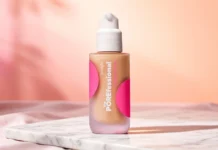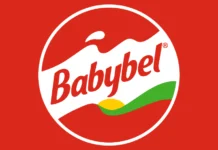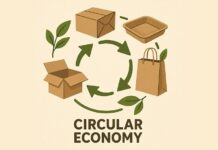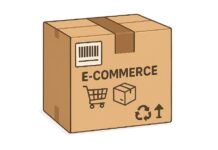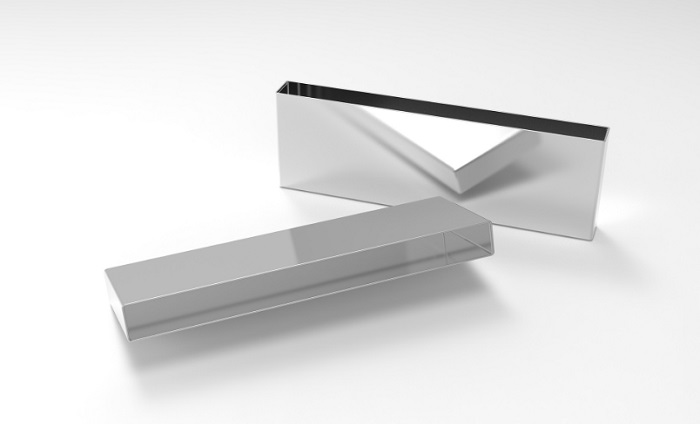Manufacturing and sales company to be established in Sweden to strengthen supply capabilities for lithium-ion battery packaging and contribute to the growing electric vehicle market
Japanese companies Toppan and Toyo Seikan will sign a letter of intent (LOI) to establish a joint venture to manufacture and sell packaging for automotive lithium-ion batteries in Sweden, aiming to launch operations in 2026 or later.
In 2011, the two companies established T&T Enertechno Co., Ltd. as a joint venture manufacturing packaging for lithium-ion batteries used in smartphones and electric vehicles (EVs) in Japan.
Toppan says EV sales are expanding globally as carbon neutrality is targeted, and efforts to promote the switch to EVs are underway in the European Union with the introduction of a CO2 reduction target requiring all new cars to be zero-emission from 2035.
The companies claim this is driving demand for square cans used as packaging for lithium-ion batteries at European automakers, but due to considerations related to transportation efficiency, there are calls for production closer to where they are needed.
The joint venture is expected to be signed in August this year and established in 2025, with the total investment expected to be approximately ¥11 billion.
In November last year, Ball Beverage Packaging and Coca-Cola Europacific Partners (CCEP) announced a new trial in which their vehicles would be partially fuelled by hydrotreated vegetable oil (HVO). The companies state that if HVO is fully implemented, it has the potential to save up to approximately 90% of the carbon footprint related to supply chain transportation, from production of the can to the final delivery stage to the customer.
In March, Henkel published its 2023 Sustainability Report with findings including the worldwide share of recycled plastic increasing to 19% and a 61% reduction in CO2 emissions in production. In contrast, the same month a new report from CleanHub claimed online shopping returns emit up to 24 million metric tonnes of CO2 annually, and often end up in landfill due to increasing financial burden on retailers.



